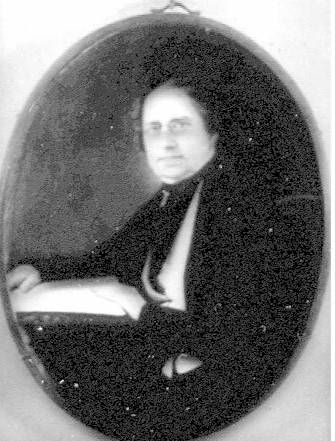


Prometheus's Fire: Abstracts
Chapter 21: Ireland and the Politics of Science and Education in Britain
The author here explores the impact of the Irish colonial scientific elite on the scene in Britain, expanding on his Tyndall researches.
The Irish scientific elite was close-knit and often intermarried; they corresponded regularly, and constituted what has come to be known as a 'network', who helped each other through political barriers. When they sought to make their careers in Britain they often turned this ability to advantage.
The Royal Society (RS) and the British Association for the Advancement of Science (BAAS) both were environments in which this ability was cultivated. Key actors in the process were Sabine, Stokes and Tyndall. Another focus of activity was the Royal Society of Arts, which at its foundation was fuelled by a couple of decades of experience of the Dublin Society, transmitted by Philip Carteret-Webb (1700-1770). Details of how the RDS disposed of their parliamentary grant in support of industry promotion were made available. The Birmingham Lunar Society and the Mechanics Institutes alse benefited from Irish colonial influence, both in Ireland (eg Edgeworth) or emigrant.
The prolific populariser Denis (Rev Dionysius) Lardner had learned his trade in transmitting the French analytical notation for calculus, as an alternative to Newton's dots, in support of Lloyd in Trinity. Being however outclassed by people like Hamilton and McCullough on the race to TCD appointments, he emigrated and made his name as a textbook and encyclopedia entrepreneur on the London and US markets.

Rev Dionysius Lardner
The author traces the sometimes intense politicking that went into the BAAS meetings, and the reform of the RS from its earlier state as a club of scientific- minded gentlemen. A key role in the professionalisation of science was played by the 'X-club' which was a sort of scientific mafia based in the Royal Institution, in which Tyndall played a key role. It acted, among other things, as a sort of 'pro-evolution lobby', fuelling Tyndall's famous 'Belfast Address' to the BAAS in 1874.
Despite their location in London this emigrant group remained influential in the Irish environment, in the Academy, in the politics of the Catholic University (in which context they were supportive of the emerging scientific elite eg Hennessy), and in Irish industry; Stokes was supportive of the Grubb optical works with optical advice, and helped to get Grubb in as an FRS. Stokes was also supportive of the Mallet foundry in Dublin.
McMillan has again developed a challenge to historians and adumbrated a whole series of theses in the field of the history of science, industry and government, in the colonial environment; this may be taken as a sort of base- line from which the evolution into the current post-colonial situation may be traced.
Some navigational notes: In most browsers, if you click on the 'Back' button, it will bring to to the point of departure in the document from which you came. Additional navigation options of local relevance are given at the foot of each page, thus:
[Top of Page] [Prometheus Contents ] [Tyndall Publications ]